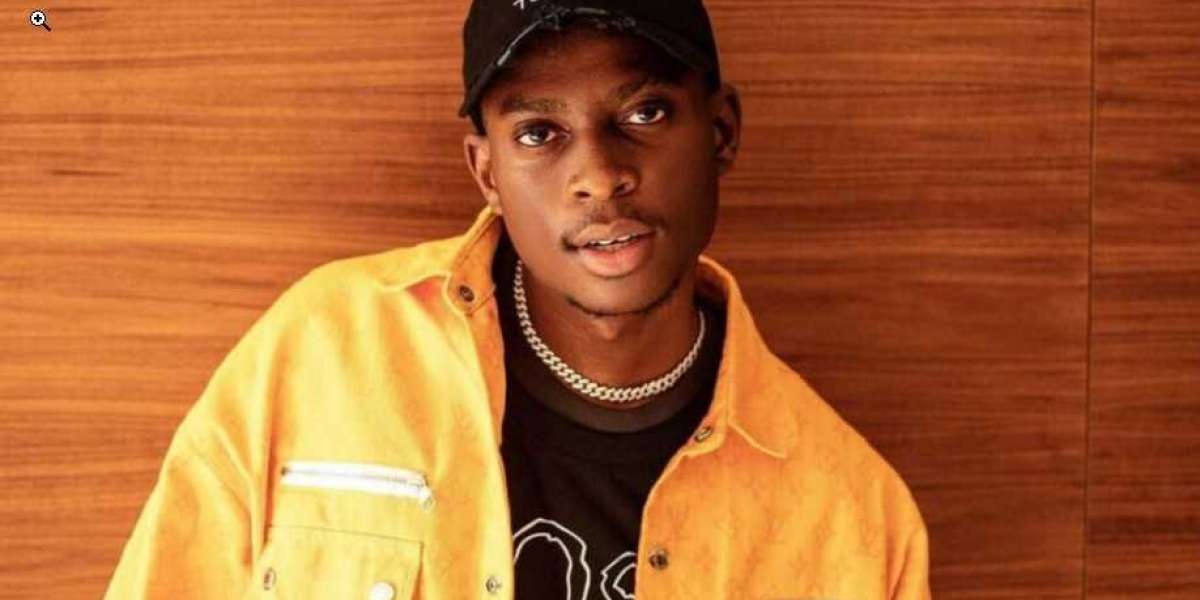Mallam Nasir El-Rufai, the former governor of Kaduna State, finds himself embroiled in a fresh political storm following his expulsion from the Social Democratic Party (SDP) and a staggering 30-year ban from its activities. This latest development comes just months after his highly publicized defection from the ruling All Progressives Congress (APC) to the SDP, a move he had framed as seeking a "godfatherism-free" political alternative.
The SDP's National Working Committee (NWC) announced the drastic measures on Monday, July 28, 2025, accusing El-Rufai of a litany of infractions, including falsely parading himself as a member, manipulating internal processes, attempting to destabilize the party, and even forging membership documents. According to the SDP's National Publicity Secretary, Rufus Araba-Aiyenigba, El-Rufai "never registered with the SDP at his ward level as required by the party's constitution, yet falsely declared on social media that he had joined the party." The party further alleged that he sought photo opportunities with suspended SDP leaders to reinforce his false claims and was simultaneously aligning with the African Democratic Congress (ADC) in an attempt to draw the SDP into an unapproved coalition.
This expulsion marks a significant and unexpected twist in El-Rufai's recent political trajectory. After leaving the APC in March 2025, citing a disconnect between the party's current leadership and its founding principles, he had positioned himself as a key figure in a potential opposition coalition aimed at the 2027 general elections. He had publicly criticized the Tinubu administration, calling it "the worst and most corrupt," and advocated for a new political movement focused on competence rather than regional considerations.
However, the SDP's leadership has vehemently rejected his claims of membership and disowned any association with his political maneuvering. The party stated that El-Rufai's actions amounted to "gross indiscipline, misinformation, inducement, and manipulation," which threatened its unity and ideological integrity. The Independent National Electoral Commission (INEC) and other relevant institutions have been notified of El-Rufai's non-member status.
This dramatic turn of events leaves El-Rufai's immediate political future uncertain. While he had previously stated his intention to return to politics in 2027 after completing his studies, and has been actively involved in discussions for a broader opposition coalition, his current standing with the SDP casts a long shadow over those ambitions. His critics are quick to highlight what they perceive as hypocrisy, given his prominent role in the APC's ascent and his current criticisms of a government he helped bring to power.
The coming months will reveal how El-Rufai navigates this unprecedented setback and whether he can find a new platform for his political aspirations ahead of the keenly anticipated 2027 elections.










